The Impact of Fire on a Business: From Blaze to Recovery
At this time of year many of us have been enjoying attending a bonfire.
As fire safety advisors, we are raising awareness about the impact of fire on businesses and what to do to reduce fire risk and ensure your people and premises are protected.
Introduction
Fire is a devastating force of nature that can wreak havoc on homes, natural landscapes, and businesses alike. While many of us are familiar with the destructive power of fires in the wild, it's essential to recognize the profound and often long-lasting effects of fire on businesses. In this article, we will explore the consequences of fires on businesses, from the immediate damage to the long-term recovery efforts.
Immediate Damage
Physical Damage:
The immediate impact of a fire on a business is the physical destruction of property. Flames consume buildings, equipment, and inventory, leaving a trail of charred ruins in their wake. In some cases, the structural integrity of a building may be compromised, making it unsafe for use.
Loss of Inventory:
Businesses heavily reliant on physical goods often suffer massive inventory losses. These losses are compounded by the fact that insurance coverage may not fully compensate for the value of the lost stock.
Equipment and Technology:
Equipment and technology integral to business operations are also at risk. This includes machinery, computers, servers, and other critical infrastructure. The destruction of these assets can cripple a business's ability to function.
Financial Impact
Revenue Loss:
The immediate consequence of a fire is a loss of revenue. Many businesses are forced to close their doors during and after the fire, resulting in a direct hit to their cash flow. Even those that remain open often see a sharp drop in customer traffic, as people stay away due to safety concerns or road closures.
Increased Expenses:
While revenue plummets, expenses soar. The cost of repairing or replacing damaged property, equipment, and inventory can be exorbitant. Temporary relocation, if necessary, can also drain finances. Moreover, many businesses will need to hire temporary staff to manage the crisis and its aftermath.
Insurance Claims:
The process of filing insurance claims can be long and arduous. Business owners often find themselves grappling with insurers, who may dispute the extent of the damage, leaving the business in a financial limbo. In some cases, insurance premiums may skyrocket after a fire, further straining a business's finances.
Operational Disruption
Supply Chain Disruption:
Fires can disrupt the supply chain, affecting businesses both upstream and downstream. Suppliers may be unable to deliver raw materials, while businesses that rely on the affected company's products may struggle to maintain production. This can lead to lost contracts and damage to a business's reputation.
Employee Displacement:
Fires can displace employees, forcing them to find temporary shelter and disrupting their ability to work. In many cases, businesses must hire and train temporary workers to keep operations running, incurring additional costs.
Long-Term Consequences
Rebuilding and Recovery:
Recovery from a fire is a complex and time-consuming process. Businesses must secure financing, engage contractors, and navigate the often lengthy permitting and regulatory processes. The timeline for recovery can stretch from months to years, during which time the business may not be operational.
Reputation Damage:
A fire can tarnish a business's reputation, especially if the cause of the fire is attributed to negligence or other preventable factors. Rebuilding trust with customers and clients can be a challenging and lengthy process.
Emotional Toll:
The emotional toll on business owners, employees, and stakeholders should not be underestimated. The stress and trauma associated with a fire can linger long after the flames are extinguished, affecting decision-making and overall well-being.
Conclusion
The effects of fire on a business are multi-faceted, with immediate physical damage, financial losses, operational disruption, and long-term consequences that extend far beyond the initial incident. While insurance can provide some financial relief, the road to recovery can be arduous and challenging. Preparation, including fire safety measures and disaster recovery planning, is crucial to mitigate the impact of fires on businesses.
If your business would benefit from advice on fire safety and support, please get in touch, our experienced and professional team would be happy to speak with you.
